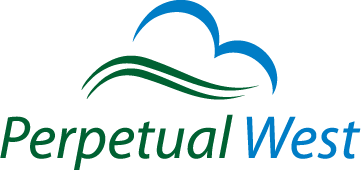Twitter Best Practices For SMB’s – How To Use Hashtags
The recipe for a great Tweet includes a combination of great content, a URL link (to follow for more information) and hashtags. Small and medium sized businesses need to effectively use hashtags in their Tweets to communicate their message and reach out to individuals and/or companies who aren’t necessarily ‘following’ them on Twitter. Understanding what a hashtag is, where to find hashtags, and best practices for using hashtags will help any company that uses Twitter get the most out of this social networking platform.
How Can a Cloud Broker Can Help My Small or Medium Sized Business?
Many small and medium sized businesses (SMB) are using the services of a professional cloud broker to help them navigate the cloud and move their business to the cloud. By definition, a cloud broker is a third party business that acts as an intermediary between the purchaser of a cloud computing service and the sellers of that service. For a typical small or medium sized business, what are the advantages of using a cloud broker?
Read More
Top 5 RingCentral Features For Small and Medium Sized Businesses
We think that RingCentral is the best cloud-based business phone system on the market designed for small and medium sized businesses. We use RingCentral in our business and know that their product can help other small and medium sized businesses looking for a better way to do business. Out of their laundry list of features, here are our top 5 favorite RingCentral features:
Advantages of Force.com for Small & Medium Business (SMB)
Force.com is the leading multi-tenant cloud platform on the market. According to the Force.com website, more than 100,000 companies use Force.com to develop apps that are used in businesses around the world. If you’re thinking about building a database-centric app, you should definitely consider Force.com and keep in mind Force.com’s five key advantages:
Which Cloud-Based Project Management App Integrates Well With Google Apps For Business?
One the questions we often get asked is “What is the best cloud app for Project Management?”. For small and medium sized businesses (SMB), there are a lot of choices so it’s important to understand what you’re trying to accomplish. For most SMBs that are looking to cloud computing, they understand the inherent savings that come with it (i.e. no large up front costs like hardware, license fees and maintenance). Now, it’s about improving the bottom line which means rapid time to benefit, better collaboration and integration with existing systems are all of concern. However, it’s integration in the longterm that we believe provides the most benefits. With cloud apps, one of the biggest benefits is the ability to integrate them easier than traditional on-premise apps that sit behind network firewalls.

